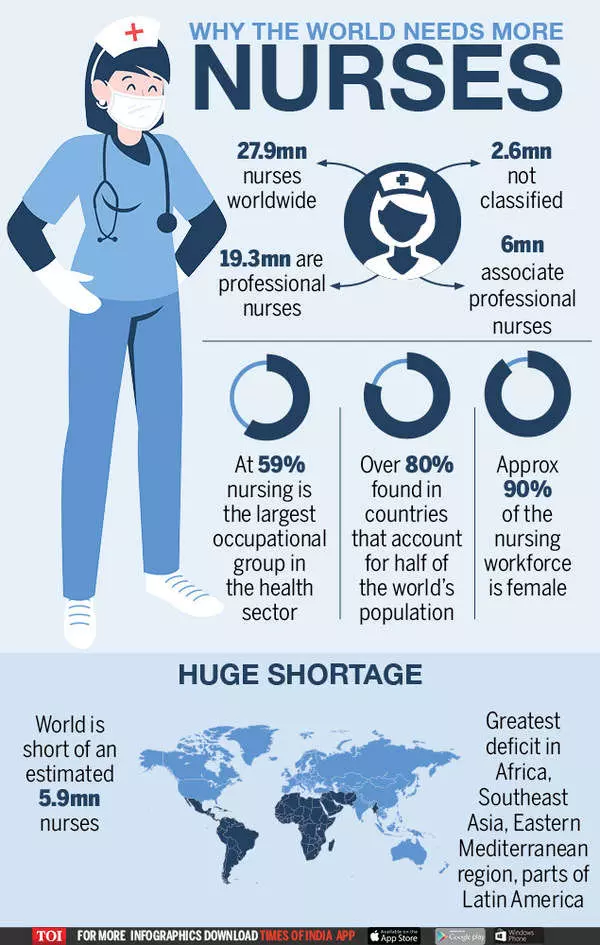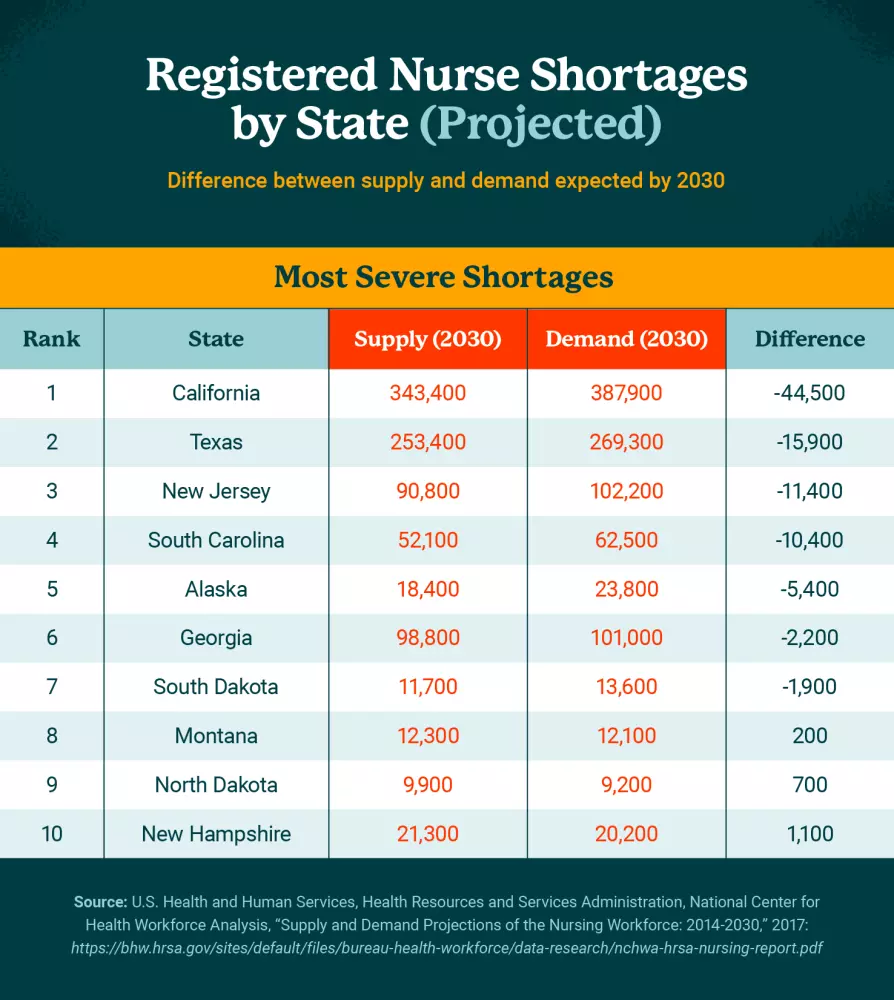Comments
- No comments found

She puts her hand on the shoulder of her patient... 'I'm here'. After she gave the medication the patient burst into tears about not being able to be with her husband who needs care on a daily basis.
This is what happens all the time to nursing staff: delivering care, offering (mental) support, and sometimes just... being there. Nobody argues that the role of nurses is crucial, we know what happens when they stop doing their job or lose their passion for it... the system stops working. And yet, this is exactly what is happening as we speak. Not that this is new, or even due to the pandemic. Of course, the pandemic added an extra burden on the shoulders of all healthcare workers and particularly on those nurses. But this has been going on for years and years already. In my line of work on healthcare innovation I often explicitly have to ask to incorporate nurses when we talk about innovations, as there are only doctors and IT staff at the table. Nurses put themselves in their patients’ shoes, by understanding how they perceive what’s going on around them.

Many times, I've been advocating to include nurses, just like patients, into the mix of people being involved in innovation and needed change patients included and nurses included. It is not that I have to ask for it, but that is not intrinsically done to include the biggest group of healthcare workers into the mix, whenever we make decisions about healthcare in general.
There was a shortage of skilled personnel and nurses in a particular way before the pandemic hit the world. All of a sudden the world could see how this group, that is 'undervalued' for long, was at the forefront of the crisis like they've always been in many 'mico-crises' in the lives of many of us.
'Undervalued', not in the line of payments per se, but predominantly in terms of the conditions they have to work in like shortage of staff, material and supplies, PPE (at one point), and awareness of the impact on their mental health.
Nurses see patients from every walk of life. Recently in a New York Times article, the situation around the shortage of nursing staff in hospitals from the point of view of nurses themselves was exemplified.
“I could no longer stand the critical working conditions and that’s why I left," explains one nurse.
There is a shortage in nursing staff in the top 10 of States in the United States.
Nurses deserve more respect. Being a nurse is one of the few occupations that can meet the needs of workers of all ages through the many different stages of their lives, and for a versatile nurse, the opportunities are boundless. The shortage of nurses is not only prevalent in the United States, Canada, The Netherlands, Spain, many other countries are also witnessing the same issues.
This raises serious questions of what needs to be done to improve the hiring of nurses as well as showing them more gratitude.
Each 12th of May, the world celebrates the International Nurses Day. Let's focus on what each and every one of us can do to really support our nurses. As an International Ambassador of Nursing, I really would like to hear your creative ideas in the comments section, and if possible please include what you can and will do.
It is at the intersection of technology and patient empowerment, which is where Lucien Engelen (1962), director of the Radboud University Nijmegen Medical Centre REshape Center and advisor to the Board of Directors (since 2007) feels most at home. The two worlds combined into the Radboud University Nijmegen Medical Centre and Singularity University in Silicon Valley & the Netherlands and in the Nordics, his modus operandi is always challenging, sometimes provocative but always techno-realistic. Writing on a new book that will be titled "Augmented Health(care)™ : The end of the beginning" (May 2018, Barcelone Spain) as he thinks we're at the end of an era of creating awareness, pilots, proof of concepts etc in the digital transformation of health(care). More on that on, his Linkedin Page has over 750.000 followers. He is Faculty Global Health(care) & Medecine since 2011 at Singularity University's Exponential Medicine in the US and in the Netherlands.
Leave your comments
Post comment as a guest